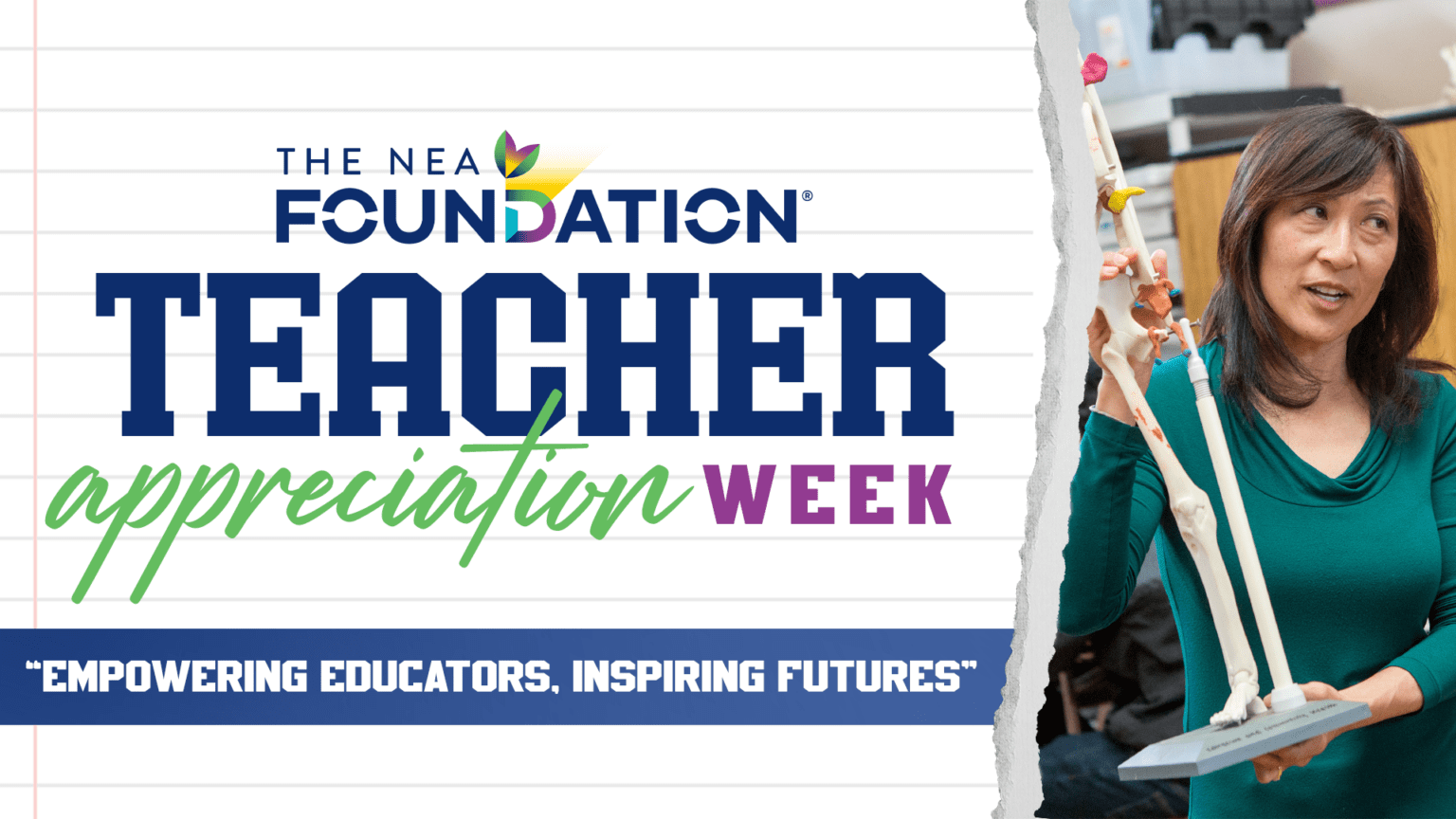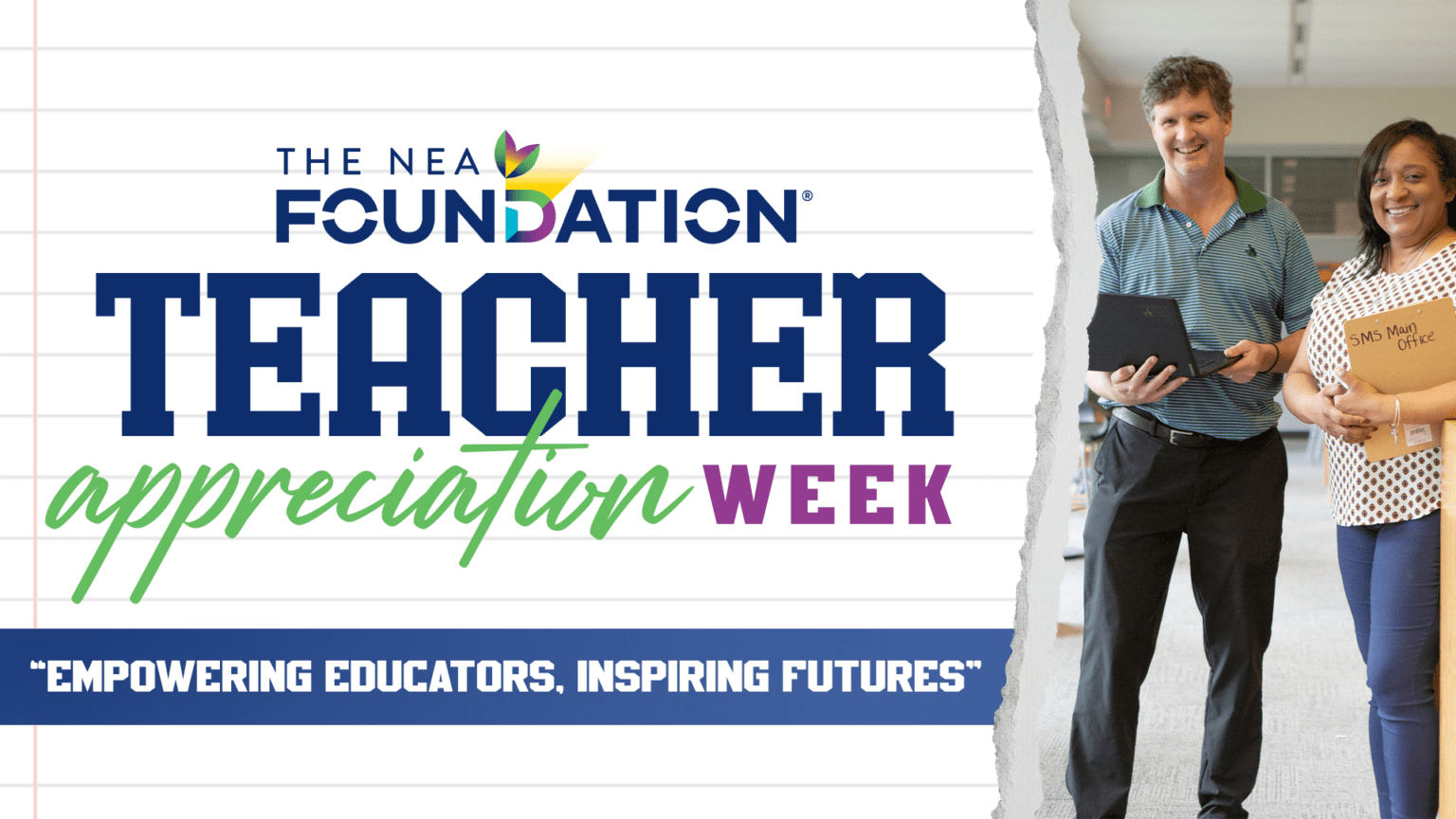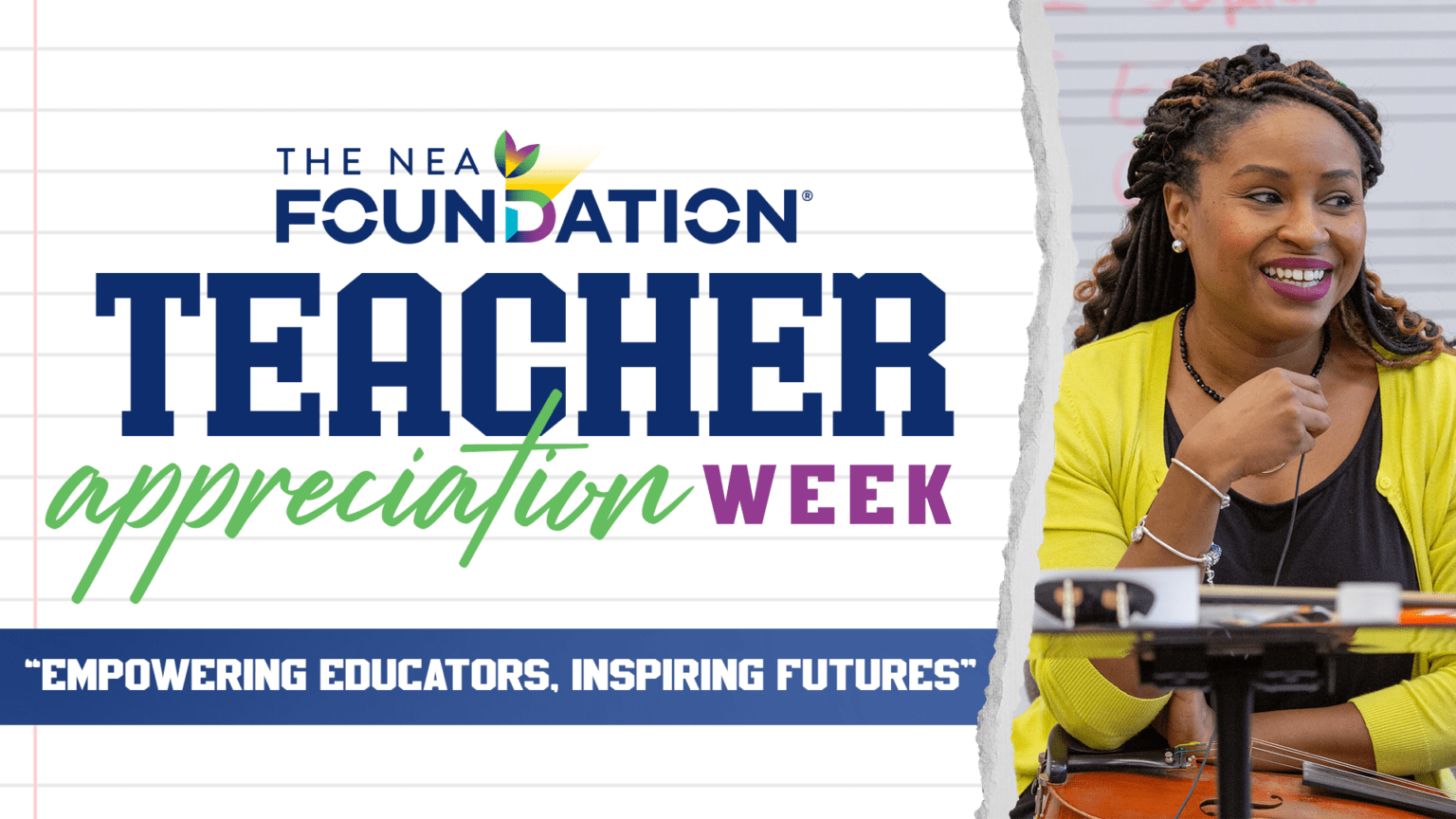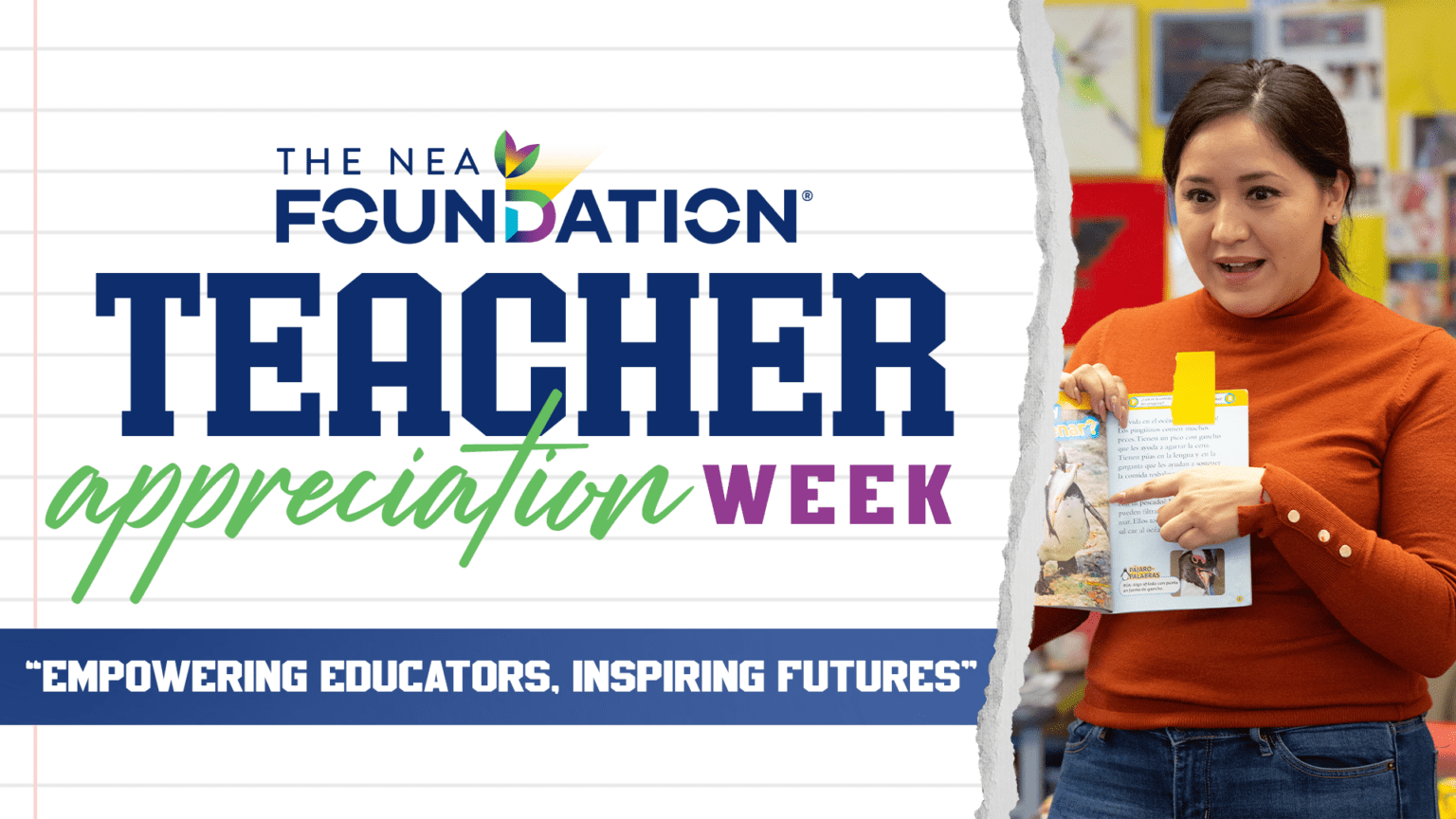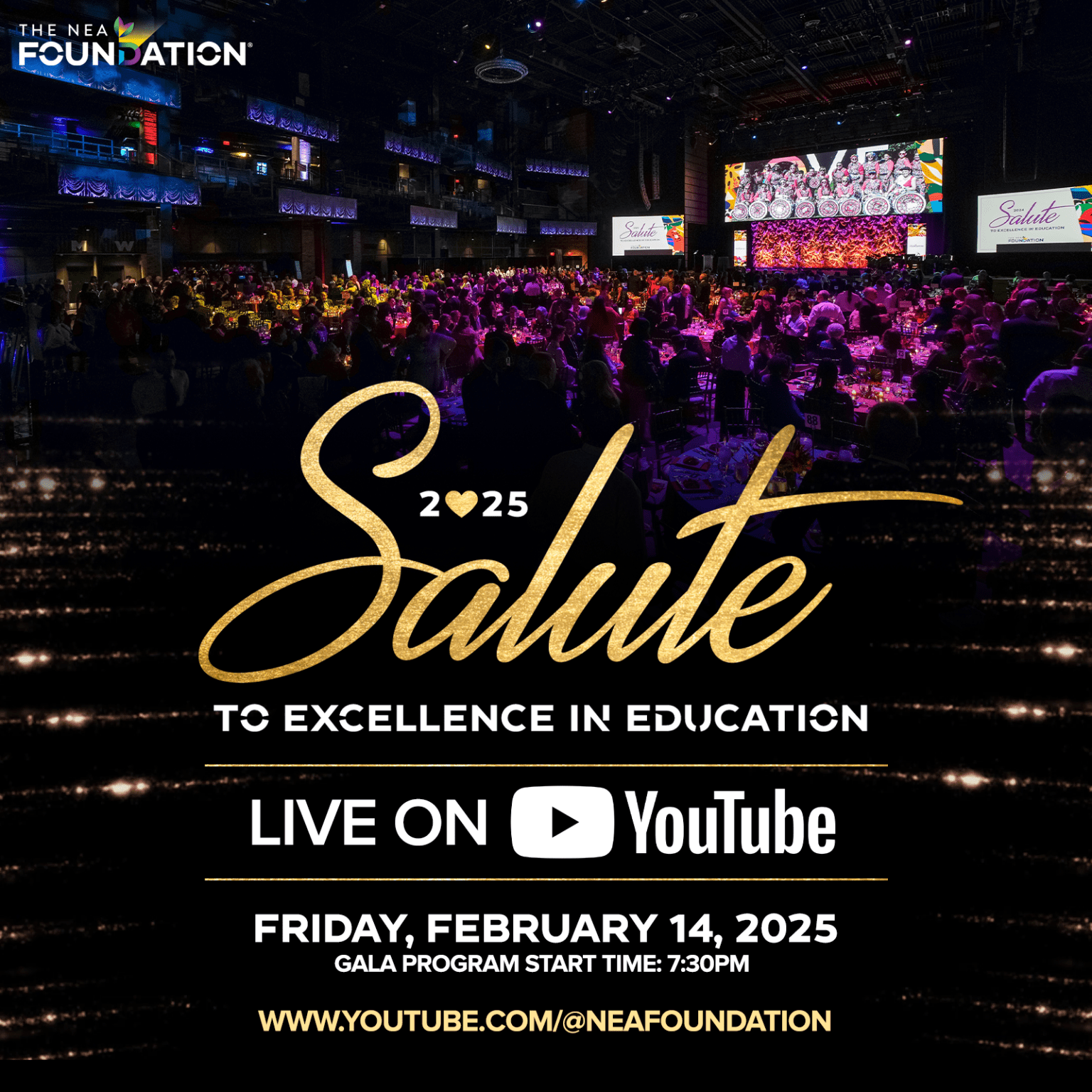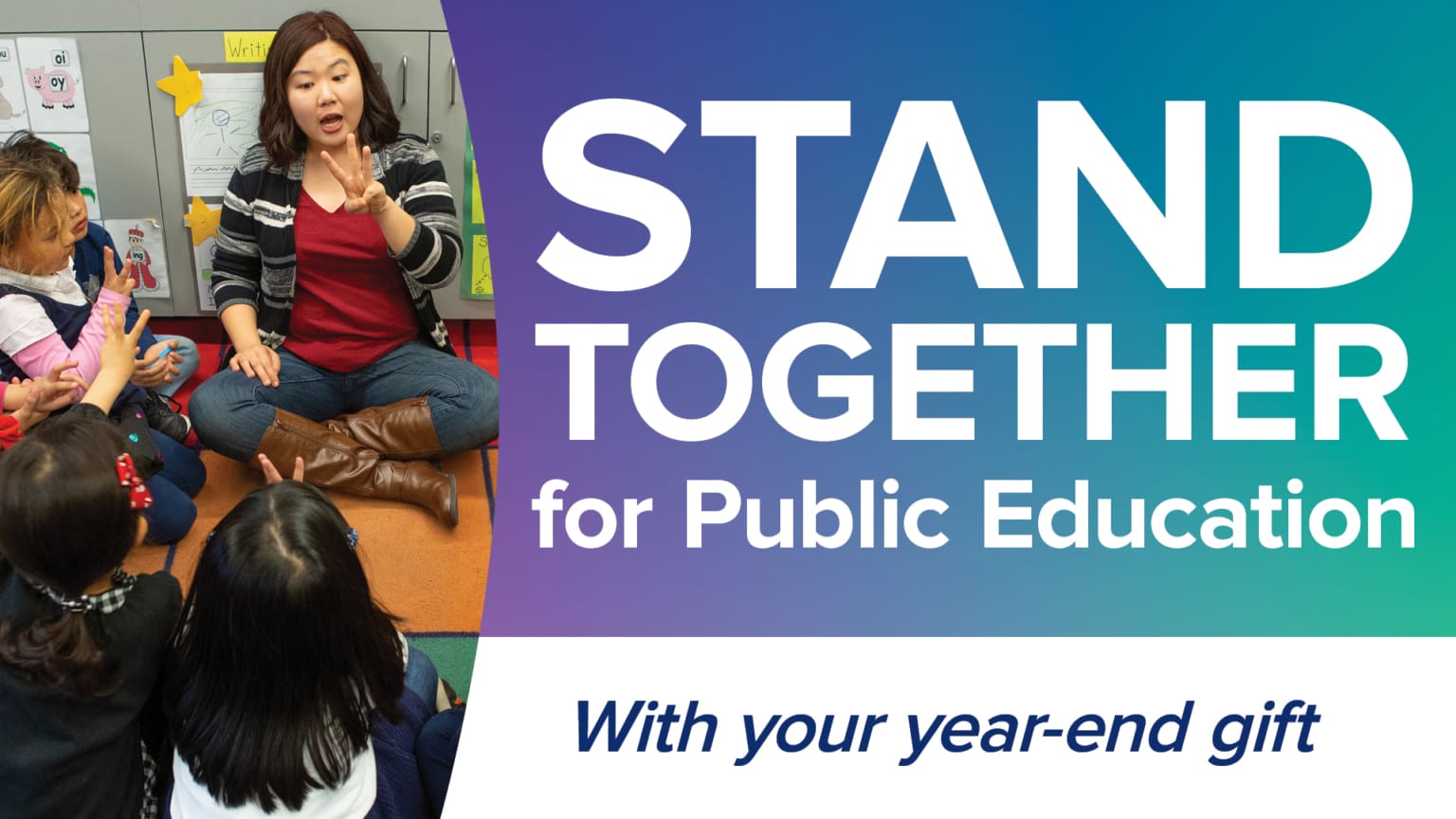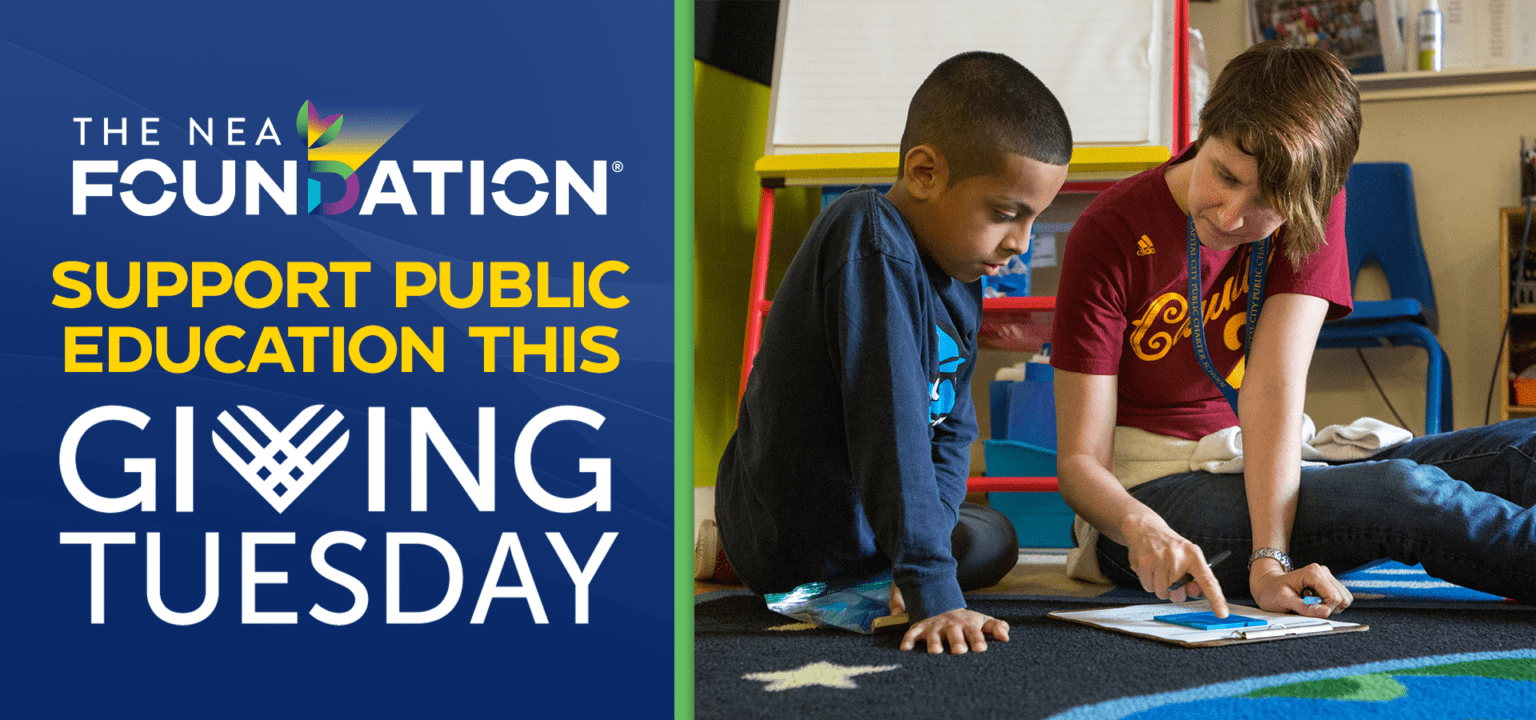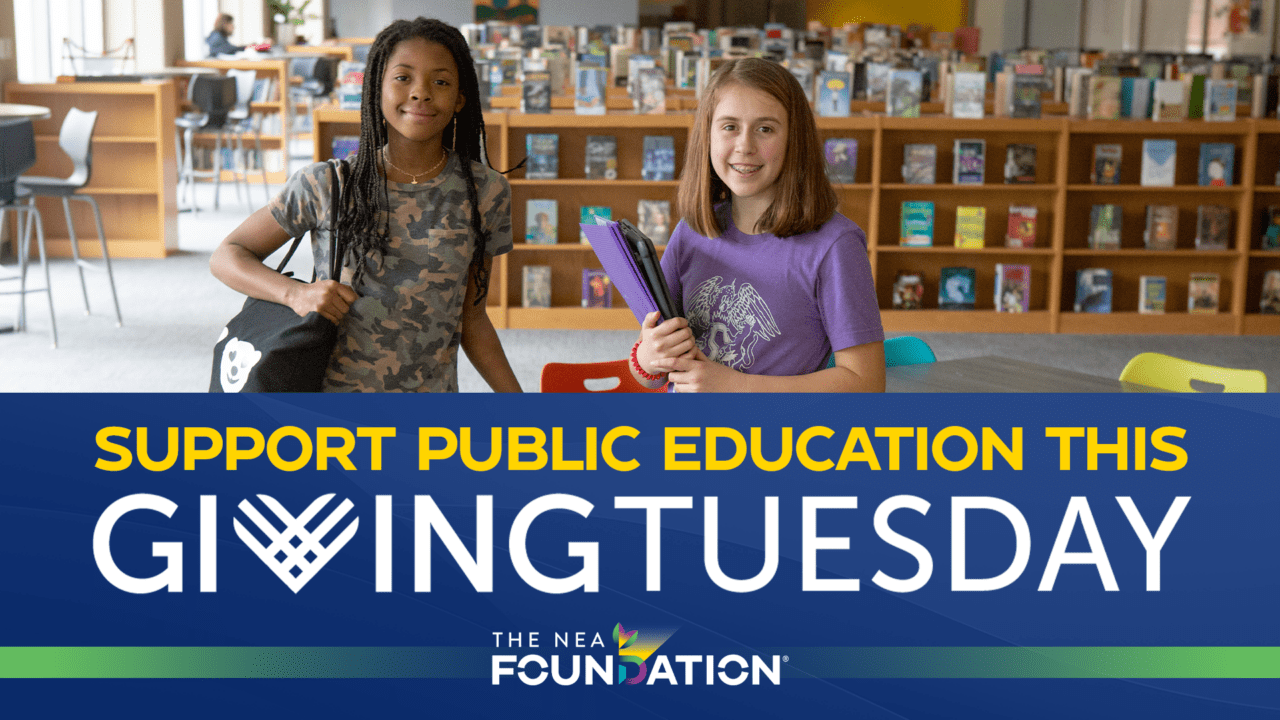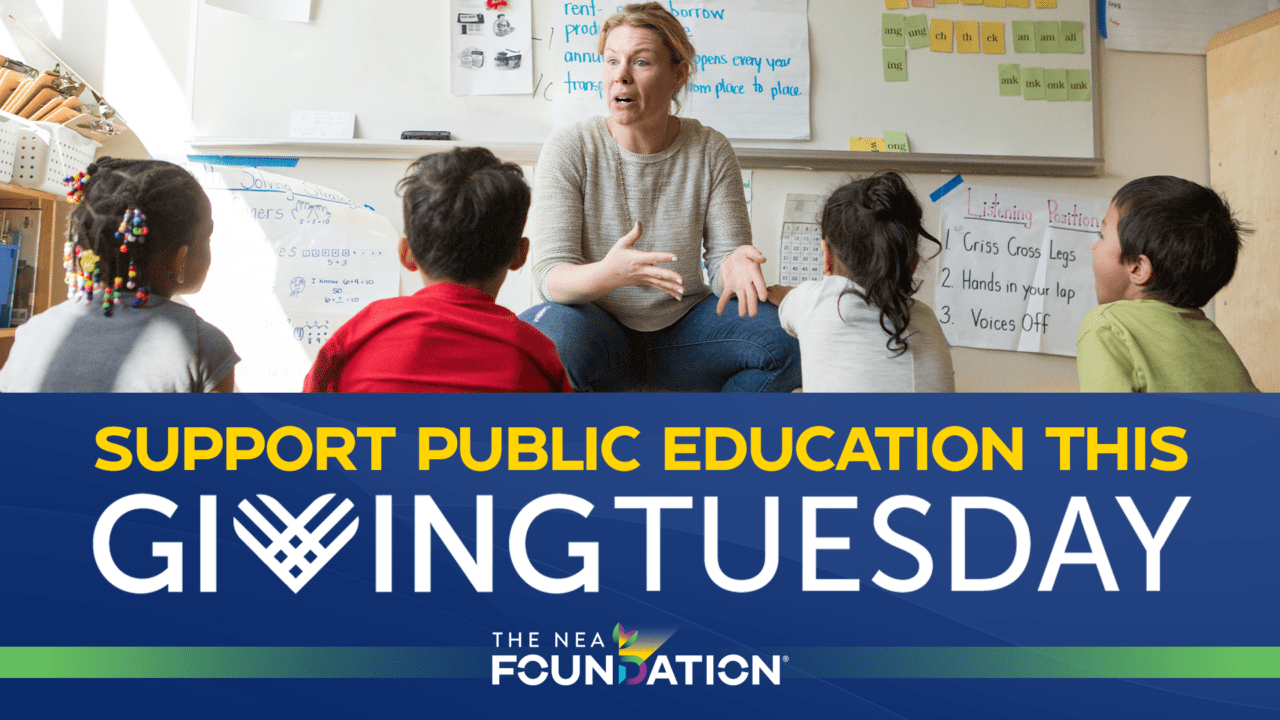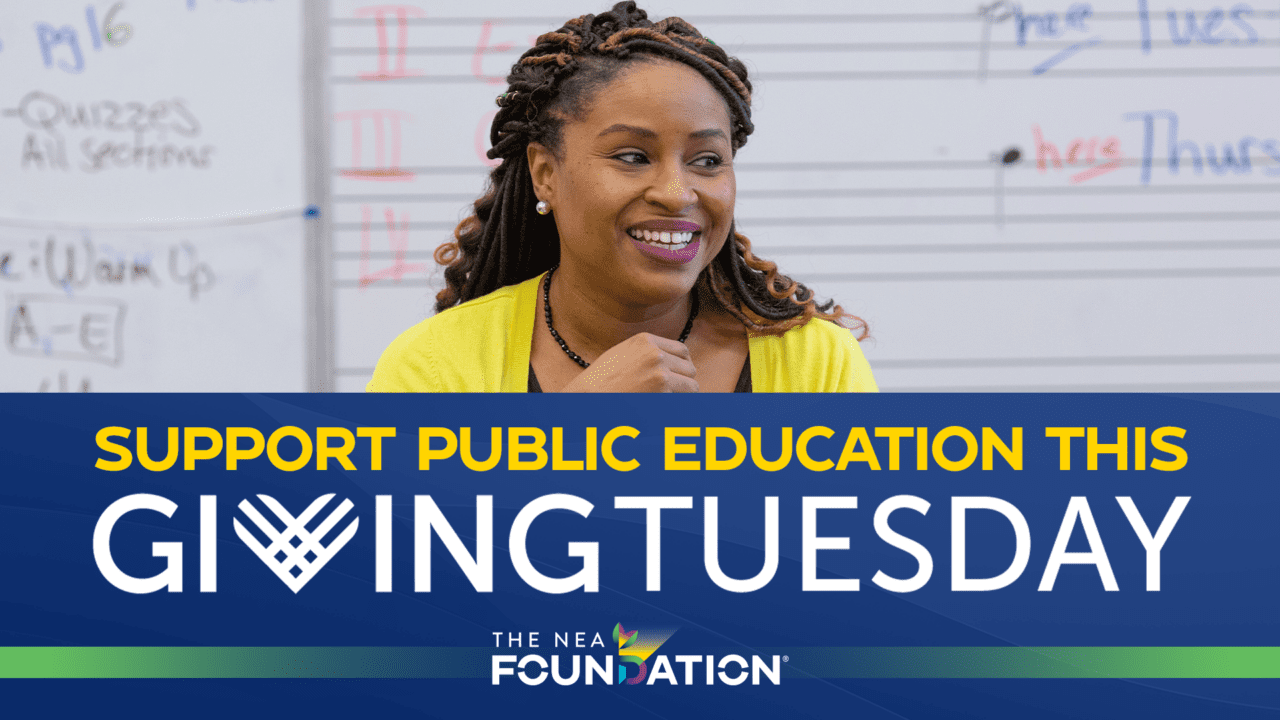While many of their students soak up the joy of a homework-free summer, educators who received $2,000 Learning & Leadership Grants from the NEA Foundation have been hard at work completing professional development opportunities and preparing for the new school year. Their grant projects have taken them across the globe and back. Check out some of their projects below, and learn how to apply for a grant.
1. Attending climate change seminar in Alaska
Julia Vaughan, a sixth grade educator at Koontz Intermediate School in Asheville, North Carolina, wanted to improve her knowledge of ecological and global competency issues. Her grant will take her to Denali National Park in Alaska to study climate change and its effect on glaciers.
“Our students are future engineers, ecologists, chemists, and biologists and will be some of the first generations to truly be impacted by the effects of global climate change,” Vaughan said.
Upon returning, she will create new science curriculum. “I hope to inspire students through these science lessons to embrace their environments with greater awareness and care,” she said.
2. Training English language educators in China
Foreign exchange programs aren’t just for students. Amy Sherman, an ESOL educator at Forest Knolls Elementary School in Silver Spring, Maryland, will participate in an exchange this summer with the Fujian Institute of Education in Fuzhou, China.
Sherman will share her expertise in best practices and innovations for teaching English Language Learners (ELLs) with 75 fellow educators in China, while also developing her ability to train educators.
“Hopefully, all of the educators involved will be inspired to try something new in the classroom,” Sherman said.
3. World War II Through the Lens of China, South Korea, and Japan
Michelle Myers, a French educator at Sterling High School in Somerdale, New Jersey, took her lessons on the Holocaust in an important, often-unexplored direction. For starters, she traveled to China, where she participated in a Peace and Reconciliation Study Tour to better understand the cultural and historical background of China, Korea, and Japan during World War II. While attending this innovative education program, she engaged with survivors, witnesses, museum curators, historians, researchers, activists, attorneys, and others.
Her goal was to expand interdisciplinary curriculum to “keep all World War II survivor stories alive.” Myers said she wants her students to be “up-standers,” or people who “speak up in the face of hatred and bigotry.”
4. Leading conference to support educators in rural Bolivia
Jackie Smith, an English educator at Cooper High School in New Hope, Minnesota, responded to a call for educators in rural Bolivia. Smith and a team of colleagues developed a professional development conference to address topics like student voice, differentiation instruction, and strategies for remedial learners.
“The U.S. teachers pushed themselves to improve their craft while preparing to share their knowledge with their Bolivian peers,” Smith said. The experience increased all of the educators’ engagement in their own professional growth.
“Everyone wins!” Smith said.
5. Visiting Heifer International communities in Honduras
Elizabeth Mora, a social studies educator at Los Angeles High School of the Arts at RFK Community Schools will travel to Honduras to research communities supported by Heifer International. She will see, first-hand, how education, training in responsible farming practices, and even livestock gifts can help impoverished communities in order to “better explain this to my students as they prepare to promote a fundraising campaign for people in such communities.”
Back in her classroom, she plans to “give [students] purpose as they research statistics on world hunger, investigate possible causes, and then act in a way that makes real change,” Mora said. “There’s something about putting a voice or face to the statistics that makes learning more real.”

